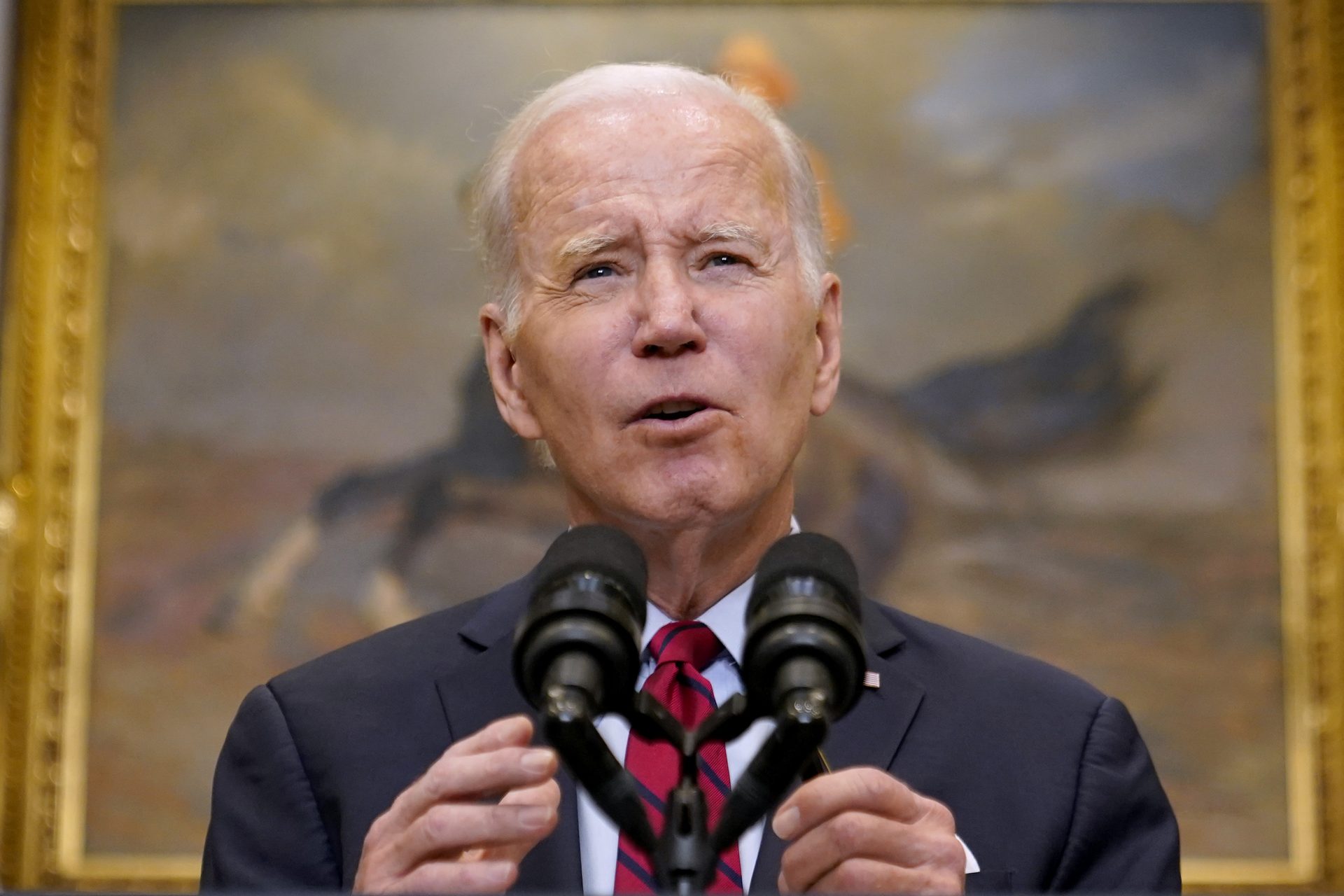The preliminary results of Mexico’s presidential elections of last June 2 show Claudia Sheinbaum Pardo, former major of Mexico City and candidate of the ruling party – the National Regeneration Movement or Morena – obtained around 60 percent of the votes, more than twice the figure Xochitl Gálvez, the opposition coalition candidate, got.
Of course, it is good news that Mexico has elected the first woman for the presidency since its independence. Mexico is a country where machismo prevails, where most segments of society are misogynists, where a woman obtains 75 percent of the salary a man gets for the same job, and where femicides and violence against children and women are everyday news. In addition, women’s larger share of reproductive work and the care at home of children, the elderly, and, as shown during the COVID-19, the ill – often known as the unpaid care economy – is undervalued as well as statistically invisible but take a lot of women’s time, limiting their professional and personal development. This makes Claudia Sheinbaum’s victory a monumental achievement.
That said, her victory was not because she is appealing to the population. In fact, she is not charismatic and during the presidential debates her look was that of a cold and arrogant woman, not showing emotions. When she talks to the masses, her speech lacks heart. The current president, Andrés Manuel López Obrador – whose popularity ranks among the highest for a political leader in the world – insisted that his legacy be continued by Sheinbaum. Thus, he urged voters to support Sheinbaum. Another aspect to consider is the social programs of the López Obrador administration, aimed at supporting people over 65, children, teenagers, single mothers, etc., which were constantly referred to as programs that may come to an end if voters chose Xóchitl Gálvez. That had a strong effect on voters. Last, but not least the role of organized crime in the elections was crucial. With the much talked about links between the López Obrador government and drug lords and cartels, specifically the Sinaloa cartel, it was evident the assassination and intimidation of candidates all over the country favored Morena. These have been the most violent elections in the history of Mexico, and thus many candidates withdrew from the electoral process fearing for their lives.
What are the challenges for Claudia Sheinbaum starting October 1, after her inauguration? She is a highly educated woman, holding a Ph D on environmental engineering and last year Forbes magazine put her on top of the most powerful women in Mexico. Yet, there is the feeling that she will not be independent from the influence coming from López Obrador and it may be very difficult for her to distance herself from him. She is limited by political, economic and even cultural and ideological constrains. During her first speech as virtual winner of the elections, she stressed the relevance of social programs, the need for clean energies, the dialogue with the business community, the need for security to prevail, the relevance of foreign policy and she said polarization is not the road – although her victory is the result of polarizing policies of the López Obrador administration.
 María Cristina Rosas
María Cristina RosasLópez Obrador has suggested that Sheinbaum’s cabinet should include almost the same people that work with the current president. There is no question this should not be the case if she intends to build her own presidency and legacy. Financially speaking there is the urge for a tax reform since Mexico has accumulated a public debt representing around 49.4 percent of GDP in 2022. Her security agenda that many consider the major challenge in the country needs to address corruption of authorities at all levels and fighting the drug lords. The economic impact of violence takes almost a fifth of Mexico’s GDP according to the Institute of Economics and Peace. The strategy of López Obrador of “hugs not bullets” did not work, because social programs were divorced from a comprehensive security strategy. It is well known security and development are two sides of the same coin, but rare that governments support both. Positive peace requires not only social programs that in many cases subsidize consumption, rather than contributing the well-being of middle-lower and upper-lower income segments of the population. It also requires decreasing inequalities and polarization. Social programs have the potential of becoming peace builders but within a strategy that includes security policies.
Relations with the armed forces are a touchy issue. Under López Obrador, the army and the navy have empowered their presence by becoming involved as the builders of infrastructure (including airports, ports and trains), and the administers of social programs and customs. Claims of corruption are very strong. The militarization of public life in Mexico is also a concern, since the armed forces look very much present, and it is not clear whether Sheinbaum could change the situation in the short run. The failures of the military in fighting drug lords are also of concern.
Foreign policy is a major challenge for Claudia Sheinbaum. The current government has vilified the Mexican foreign service by privileging political appointees over experienced diplomats. This has led to conflicts with Spain, Bolivia, Perú, Panama and, more recently, Ecuador. López Obrador, contrary to the principles of Mexican foreign policy, has intervened in the internal affairs of a number of countries, mostly in Latin America and has sided with regimes that are considered authoritarian and non-democratic. Relations with the United States are mostly conflicting on several key issues including migration, trade, security, and borders. Sheinbaum will be in charge when the USMCA is reviewed, possibly with Donald Trump – the creator of this review mechanism – as president. Sheinbaum will also have to do whatever it takes to conclude the Global Agreement with the European Union that is currently on hold due to the internal procedures in the eurozone and, also, because foreign policy was not really a priority for López Obrador. Will Claudia Sheinbaum understand that the best foreign policy is not domestic politics, but negotiating and constructing global agreements with major powers and by using multilateral and regional organizations for the benefit of Mexican interests in the world?
The road looks long and winding, but time is ticking. In the next days, Claudia Sheinbaum will design the priorities of her forthcoming administration and the cabinet that may accompany her through her presidency. It is great news Mexico will have the first woman as president. But women in power normally need to work more in societies like Mexico, where it is believed politics is better off in the hands of men. After all, she became candidate and is the potential winner of yesterday’s presidential elections essentially thanks to a man, López Obrador. She has her merits but will have to work hard in the days, weeks, months and years to come to build her own presidency and legacy. Morena has conquered both houses at the Congress, thus she may be able to pass the needed legislation without constrains from other political forces. The question remains: will every decision she makes have to be approved first by López Obrador, even after he finishes his term.
Editor’s Note: The above guest column was penned by María Cristina Rosas, a professor and researcher in the faculty of political and social sciences at the National Autonomous University of Mexico in Mexico City. The column appears in The Rio Grande Guardian International News Service with the permission of the author. Rosas can be reached via email at: mcrosas@prodigy.net.mx
The post Rosas: Claudia Sheinbaum’s victory is a monumental achievement. However… appeared first on Rio Grande Guardian.
 (2).png)
 3 months ago
92
3 months ago
92









 English (US)
English (US)